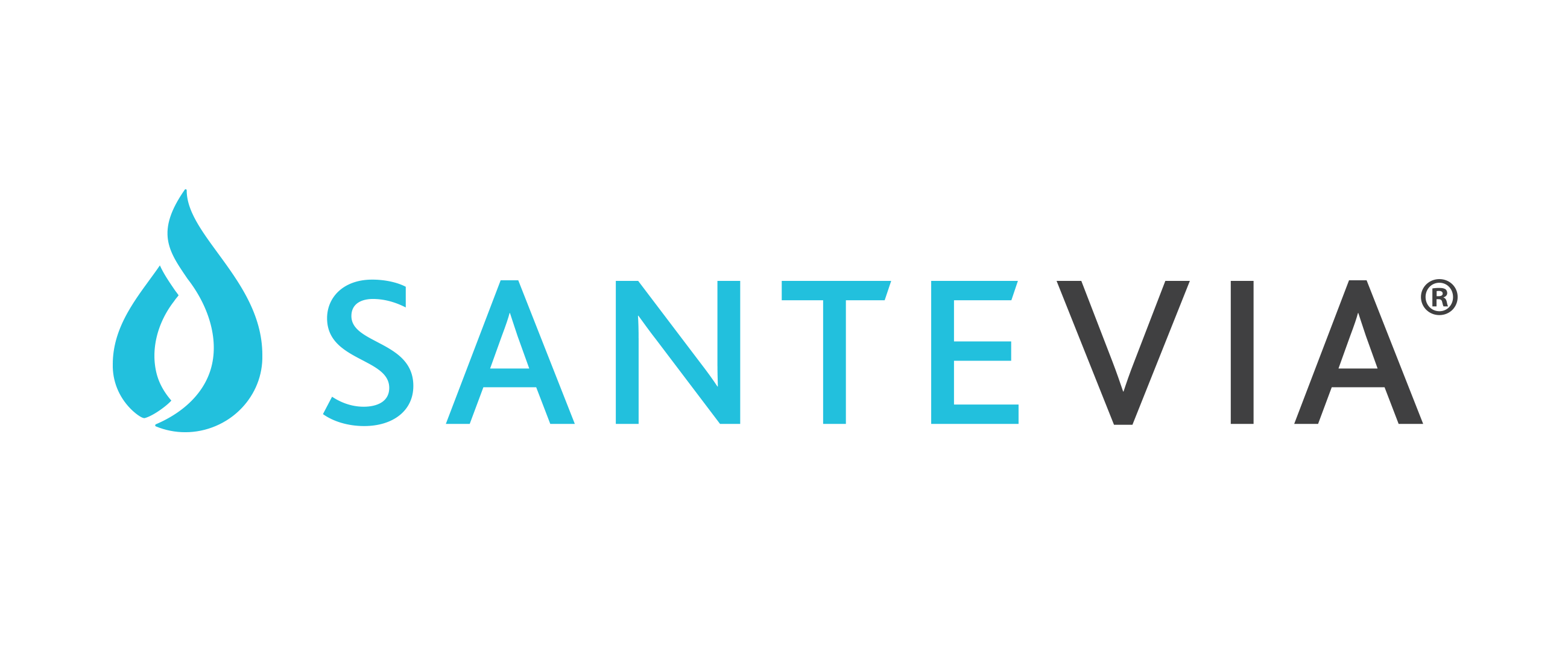Chlorine: How Chlorine May Be Detrimental To Your Baby’s Health

Chlorine is a chemical element that is used in a wide variety of industries including swimming pools, cleaning detergents, bomb manufacturing, and unfortunately, public drinking water. Chlorine is used to treat water to eliminate harmful micro-bacteria and microorganisms so that the water is safe to drink. However, babies and fetuses are much more sensitive to chlorine than adults, and when they are exposed to it through tap water, several health concerns can arise (1).
Health Risks of Chlorine for Babies
Babies are delicate and hypersensitive. Everything they are exposed to will infiltrate their bodies to a larger degree. When babies drink unfiltered tap water, they are also ingesting a variety of harmful chemicals like fluoride, heavy metals, plastics, pharmaceuticals, hormones, nitrates, pesticides, and lastly chlorine (2). These chemicals will have a far greater effect on their bodies than in adults.
Respiratory Problems
Many studies have shown that exposure to chlorine can cause difficulty breathing and tightening of the airways (3). Chlorine exposure has also been related to an increased risk of developing lower respiratory tract infections and asthma in infants (4).
Skin Problems
Showering and bathing your child in tap water can also cause skin irritations. Reactions to chlorine can include itchy skin, red skin, red bumps, and dry skin. Since babies have highly sensitive skin, they are more prone to irritant dermatitis (5). It might seem impossible to filter water for bathing, but Santevia has made it easy with their bath filter.
Heart Problems
Chlorine exposure can also cause heart problems in infants and fetuses. Research shows that there is a link between cardiac defects and chlorinated water (6). A chemical contained in chlorine - known as trihalomethanes (THMs) - increases the risk of holes in the heart, cleft palate, and anencephalus. This can result in the underdevelopment of the brain, skull and scalp in infants.
“Our findings don’t just add to the evidence that water chlorination may cause birth defects, but suggest that exposure to chlorination by-products may be responsible for some specific and common defects,” says Prof Jaakkola of the Journal of Environmental Health (7).
How and Why are Children Exposed to Chlorine?
Chlorine is purposely added to drinking water to make it safer to drink. Chlorine is used to kill harmful pathogens, which are disease-causing viruses, bacteria and protozoa. Pathogens usually enter waterways through untreated sewage and livestock faeces runoff. Chlorine acts as a disinfectant, and it is the most common chemical used to treat water worldwide. However, in the long term, drinking small amounts of chlorine has been linked to health concerns, including cancer. That is why it’s essential to use an alkaline water filter to filtrate chlorine from your drinking water.
There are many ways that you and your children can be exposed to chlorine. Be aware of public drinking water, bottled water brands, inhalation, swimming pools, and food consumption.
Reduce Chlorine Exposure Through an Alkaline Water Filter Pitcher.
Santevia’s countertop and pitcher filters are able to remove up to 99% of the chlorine from your tap water. A Santevia water filter will reduce chlorine, herbicides, pharmaceuticals, industrial chemicals, trihalomethanes, heavy metals, organic chemicals, while also raising the pH of the water and adding essential minerals. Santevia also offers a fluoride filter with activated alumina that will filter up to 99% of the fluoride in your water. Water is a basic need of life, and with an alkaline water filter, you will be able to provide healthier water for your family. You will taste a clean difference!

